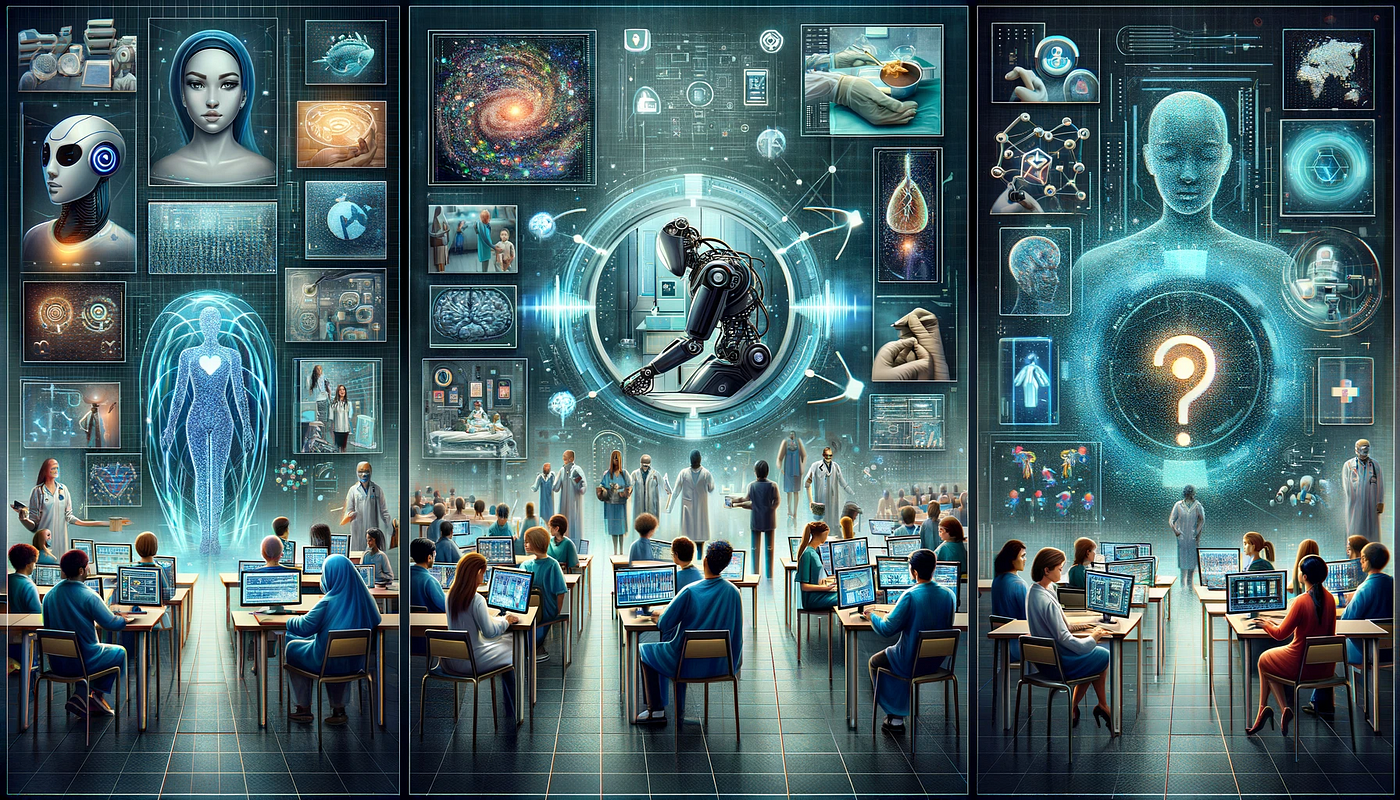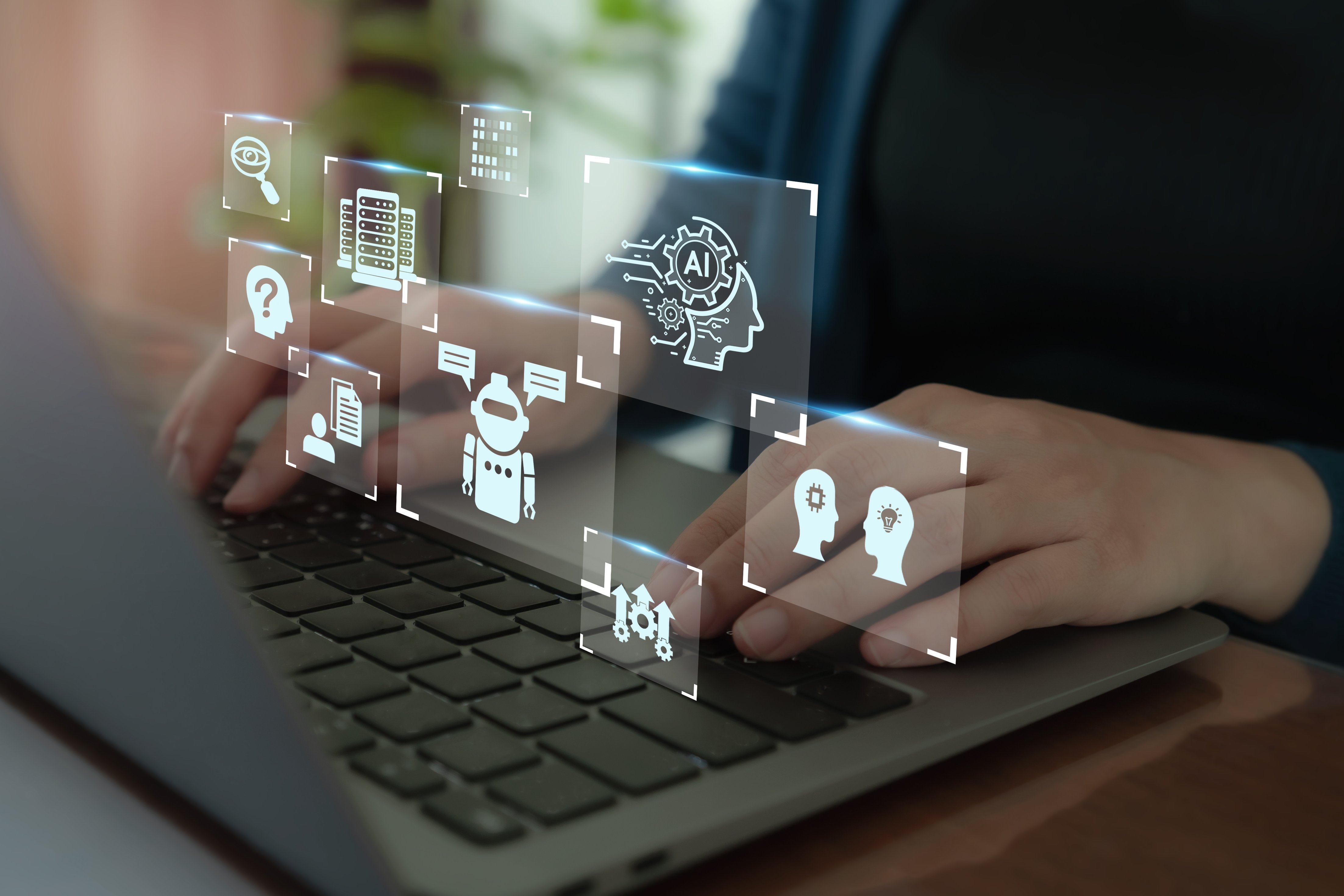From fighting climate change to combating poverty, artificial intelligence (AI) is no longer just a tool of the future; it’s actively tackling some of the world’s most pressing challenges. As this revolutionary technology evolves, its potential for positive impact grows exponentially, offering solutions that were once unimaginable. This guide explores the diverse ways AI is being used for social good, highlighting its potential to create a more sustainable and equitable future.
Addressing Global Issues with AI:
1. Climate Change:
Predicting and Mitigating Disasters: AI models analyze vast datasets to predict weather patterns, wildfires, and floods, allowing communities to prepare and minimize damage.
Optimizing Energy Consumption: Smart grids powered by AI algorithms learn energy demand patterns and optimize resource allocation, reducing our carbon footprint.
Promoting Sustainable Practices: AI-powered robots can efficiently plant trees, monitor ecosystems, and identify areas for reforestation efforts.
Healthcare:
Early Disease Detection: AI algorithms analyze medical scans and patient data to detect diseases like cancer at earlier stages, improving cure rates and survival chances.
Personalized Medicine: AI helps tailor treatment plans to individual patients, optimizing effectiveness and reducing side effects.
Drug Discovery and Development: AI accelerates the process of analyzing vast chemical compounds, speeding up the development of life-saving medications.

Education:
Personalized Learning: AI-powered platforms adapt to individual students’ learning styles and pace, offering personalized instruction and improving educational outcomes.
Language Learning: AI-powered language tutors assist learners of all ages, making language acquisition more accessible and efficient.
Promoting Accessibility: AI tools translate text and speech, enabling better communication and education for individuals with disabilities.
Poverty and Hunger:
Precision Agriculture: AI analyzes soil conditions and weather patterns, assisting farmers in optimizing crop yields and reducing food waste.
Predicting Food Shortages: AI models anticipate potential food shortages, allowing for proactive interventions and distribution of resources.
Financial Inclusion: AI-powered mobile apps provide financial services to unbanked populations, promoting financial autonomy and economic development.
- Environment and Conservation:
Protecting Endangered Species: AI algorithms monitor animal populations and identify illegal poaching activities, aiding in conservation efforts.
Combating Illegal Logging: AI analyzes satellite imagery to detect deforestation and illegal logging activities, promoting sustainable forest management.
Preserving Endangered Ecosystems: AI helps predict and address environmental threats like pollution and natural disasters, safeguarding fragile ecosystems.

Unlocking the Potential: Challenges and Opportunities
While AI offers immense potential for social good, there are challenges to address:
Accessibility and Equity: Ensuring everyone has access to AI-powered solutions is crucial to avoid exacerbating existing inequalities.
Transparency and Explainability: Making AI algorithms transparent and understandable fosters trust and ensures responsible development.
Data Privacy and Security: Protecting personal data used in AI systems is essential to avoid misuse and ethical violations.
Addressing these challenges is key to unleashing the full potential of AI for social good. Through collaborative efforts involving researchers, policymakers, and communities, we can harness the power of AI to build a more just and sustainable future for all.
Engaging with AI for Social Good:
Here’s how you can get involved:
- Support organizations working on AI solutions for social good.
- Raise awareness about the potential of AI to address global challenges.
- Advocate for responsible and ethical development of AI.
- Learn and explore the diverse applications of AI for social good.
By working together, we can ensure that AI becomes a powerful tool for progress, tackling the world’s most pressing challenges and creating a brighter future for all.
Related Posts
5 Common AI Marketing Mistakes to Avoid: Learning from the Leaders
In today's data-driven landscape, artificial intelligence (AI) has emerged as a powerful tool for marketers seeking to personalize experiences, optimize campaigns, and gain valuable insights. However,...
Measuring the ROI of AI Marketing: Quantifying the Value of Your AI Investments
In the ever-evolving landscape of digital marketing, Artificial Intelligence (AI) has emerged as a transformative force. From ad targeting and content creation to customer analysis and campaign...

